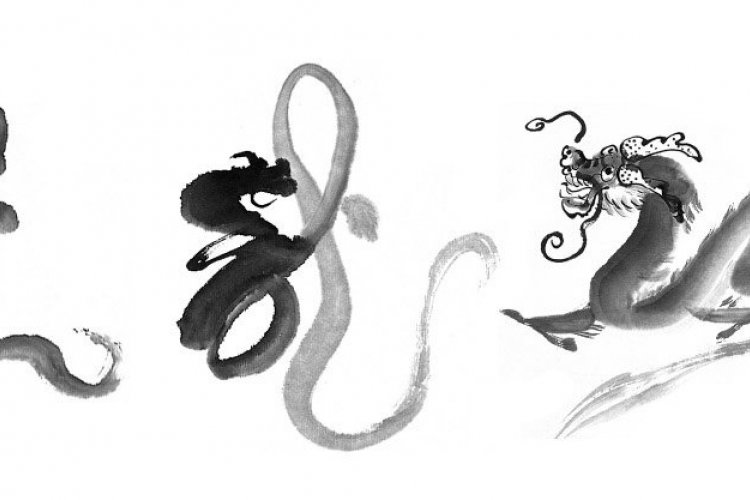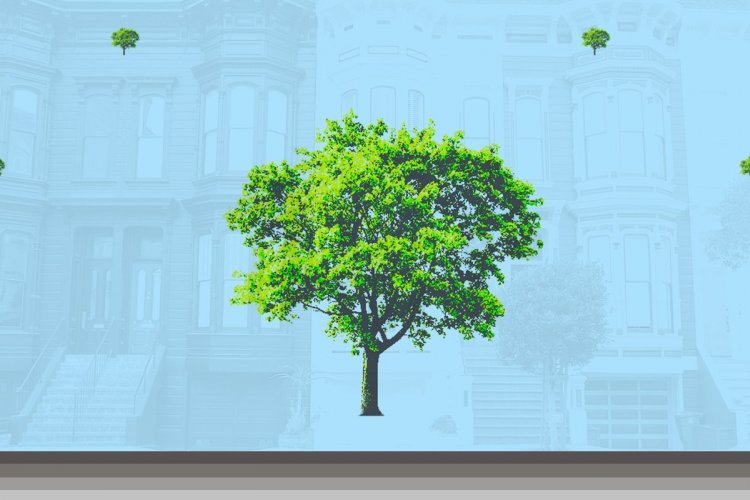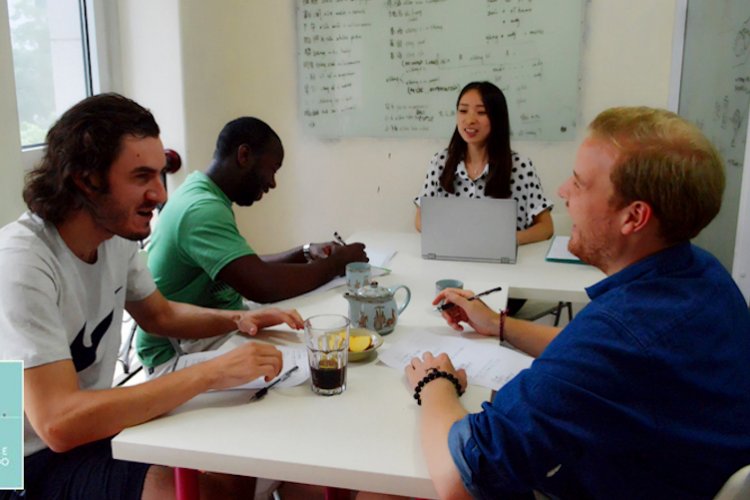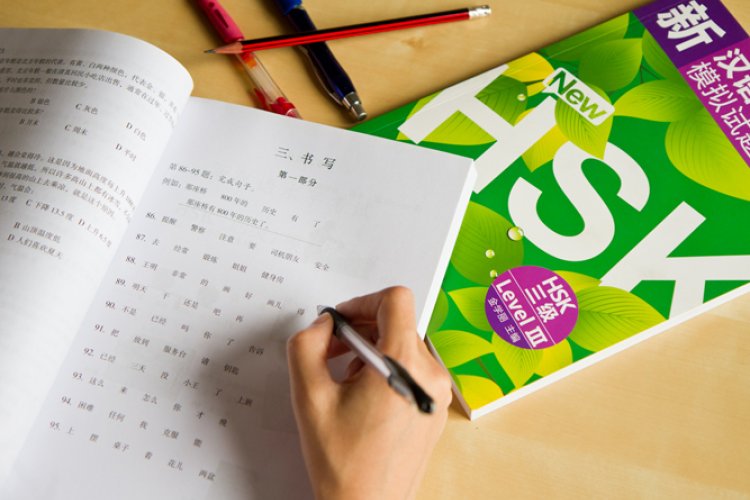The Lighter Side of China: The Idioms' Guide To Chinese
On an early winter morning 16 years ago, I entered my office in a former school building in the north-central part of Beijing and said hello to our secretary. Jenny was a recent graduate, a proud Xinjiang native and a free spirit of sorts. Although she certainly didn’t want to be a secretary, she was happy to be employed. On this particular morning, she showed up to work at 8am. When I commended her for her early arrival, she gave me my first lesson in cultural interpretation.
“Good morning, Jenny,” I said cheerfully. “It’s great to see you here so early. You know, ‘The early bird gets the worm.’” Jenny looked at me blankly, tipped her head to the left and quipped: “I would rather be the late worm, who misses the early bird. I am here because I have a lot of work today, but don’t expect this every day.”
Jenny was known to throw curveballs. She questioned everything that came over her desk and delighted in letting you know she had a strong command for the English language. Yet never before in my life had I heard someone twist the meaning of “The early bird …” into something else. I became alert to other idioms. I began collecting them and digging deeply into their derivation and meanings.
My favorite idiom in Chinese is fang chang xian, diao da yu (放长线,钓大鱼), which literally means “placing a long line to catch a big fish.” I used this often to describe the patience I exercised in waiting to find my wife. To which she often responds that my efforts are always hu tou she wei (虎头蛇尾). If you have the head of a tiger and the tail of a snake, you’re somebody who talks big but delivers small.
When I first arrived in China, everyone gave me advice about how to succeed here. Mozhe shitou guo he (摸着石头过河), many people said to me. That expression means “feel the stones to get to the other side of the river.” The closest equivalent in English would be “to take baby steps” or “to take one step at a time.” Over the past 20 years, people have also often quoted to me the famous comment made by Deng Xiaoping as China began opening up to the outside world: “It doesn’t matter if it is a black cat, or a white cat, as long as you catch the mouse.” (Buguan hei mao bai mao, zhuo dao laoshu jiu shi hao mao. 不管黑貓白貓,捉到老鼠就是好貓.)
How to make sense of all of these expressions, I wondered? And did they have deeper meanings that can help us understand cultural differences?
If you listen to Noam Chomsky, the celebrated American linguist, he argues that there is little difference in languages. “There is a universal grammar for all human languages – essentially, that languages don’t really differ from one another in significant ways,” explains Lera Boroditsky, a Stanford psychology professor, by way of summarizing Chomsky’s theories. “And because languages didn’t differ from one another, the theory went, it made no sense to ask whether linguistic differences led to differences in thinking.”
So I began to think of other common English idioms and how similar concepts were expressed in China. Such as “putting the cart before the horse,” expressed in Chinese as benmo daozhi (本末倒置), literally meaning “to invert the root and branch of a tree.” And the idea of “You can lead a horse to water, but you can’t make them drink” is practically identical to shifu ling jin men, xiuxing zai geren (师傅领进门,修行在个人). In other words: “A master can lead you to the door, but you must rely on yourself to cross the threshold.”
Along the way, I discovered that many Chinese idioms use references to horses. For example, qi lü zhao ma (骑驴找马), which refers to the humbling experience of riding a mule while looking for a horse, suggests that someone should do what he can with available resources and keep looking for something better. It is often used as advice for jobseekers. Another one of my favorites is ma buzhi lian chang (马不知脸长), which translates as “a horse does not know its face is long.” It is often used to describe someone who lacks basic self-knowledge.
Some of these require thinking a bit more deeply in order to make the leap in understanding. For example, “A tiger father has no canine sons” (hu fu wu quan zi 虎父無犬子) is the same as the Gaelic proverb: “A wild goose never lays a tame egg.”
As for “Three monks have no water to drink” (san ge heshang mei shui he 三个和尚没水喝), that idiom is of course equivalent to “Too many cooks in the kitchen spoil the broth.”Who wouldn’t get that?
I began to reach an understanding. That while language was essentially the same, cultural differences manifested in the phrasing of the idiom, but in searching for deeper cultural meanings, the interpretations were entirely up to the individual.
Recently, in considering whether to hire a new staff member who had some former issues, my colleague advised me: “If wind comes from an empty cave, it's not without a reason.” (kongxue lai feng, liyou guran 空穴来风理有固然). I pondered the meaning of this for a moment. Someone blurted out, “Dude … where there’s smoke, there is fire.”
But of course.
In evaluating these idioms, I could not help but think back to the days of our Xinjiang Jenny, her quest to be the late worm, and how the world has changed. Just last week, as I was sitting at my desk, I overheard a British staffer and a young Chinese lady called “Moss” (she had named herself after the supermodel Kate Moss) talking about early birds and worms. I joined their conversation because I wanted to know what today’s young people think of the ideas expressed in this specific idiom. We had a delightful conversation, about which Moss later blogged:
"This morning our boss asked me about the idiom ‘early birds can catch the worms.’ I think in the contrast early worms could be caught by birds. See which role do you want, be a lazy worm or a early bird. Everyone has a different role in this world, someone getting up early and working in the morning, someone getting up late and working in the night. No absolutely right or wrong, bad or good. Just stand in your position and do what you need to do."
I read this and immediately thought: Same language. Different expression. Individual interpretation.
Image:ThinkOrThwim






